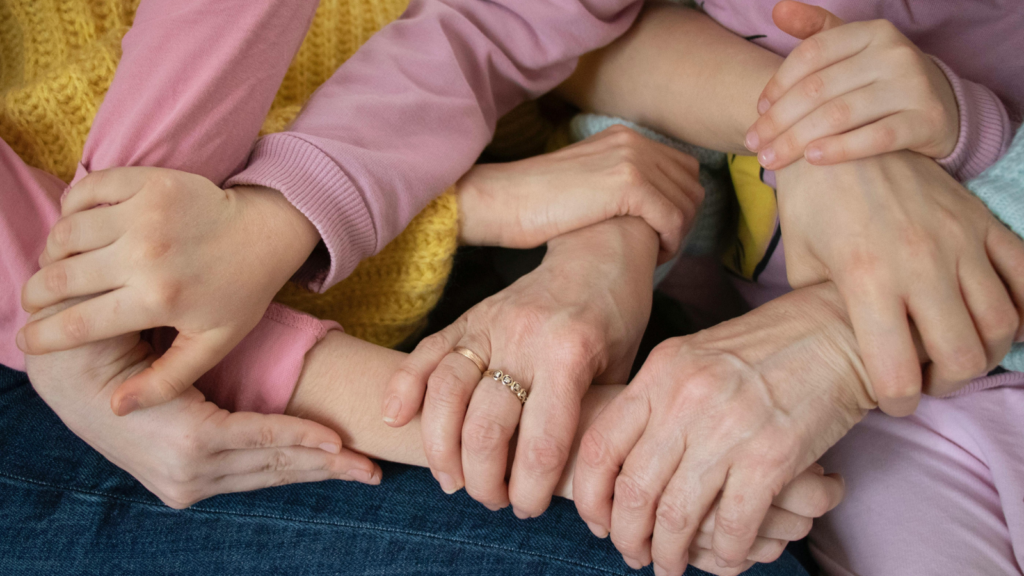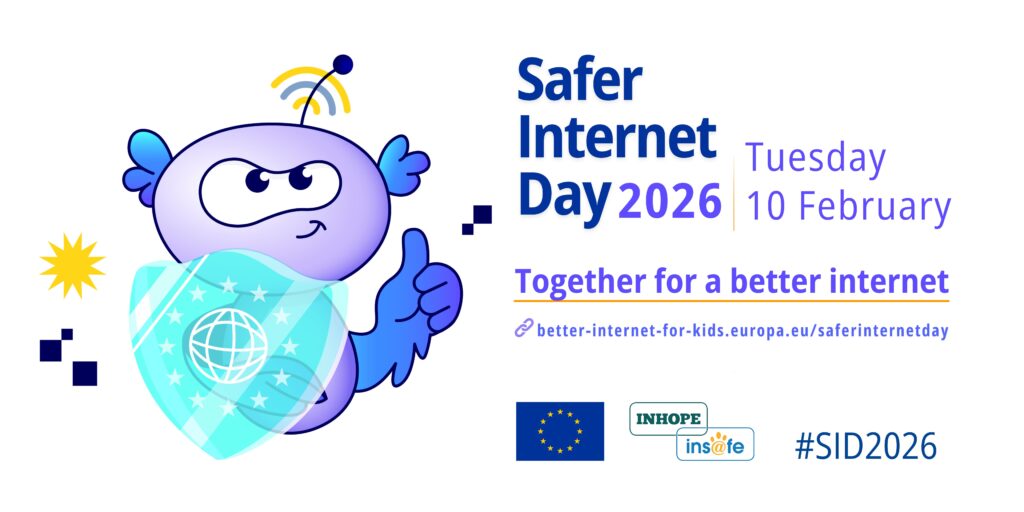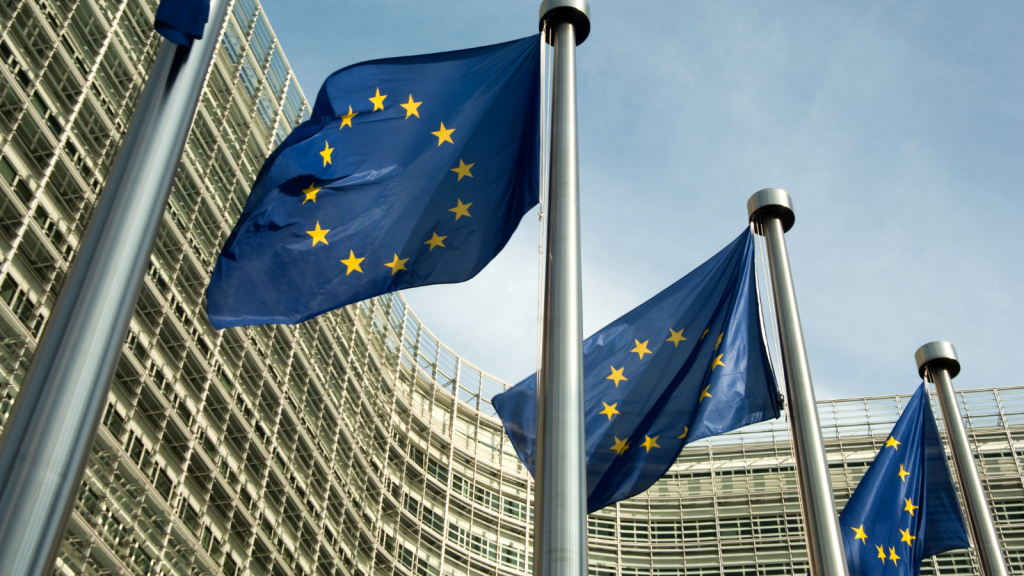Media release, 15th May 2023
International Day of Families
As governments across the EU are called upon to increase the overall uptake of Early Childhood Education and Care, COFACE members are reporting increasing trade-offs between quality and quantity, putting at risk the well-being of children, engagement of families, and the working conditions of staff in Early Childhood Education and Care (ECEC) services. On this 2023 International Day of Families, COFACE calls on EU institutions and national policy-makers to start working on European minimum quality standards to be respected by all ECEC providers as a precondition for receiving funding, taking the health and well-being of children as starting point for such standards. This is essential to ensure correct and full implementation of the 2019 Council recommendation on High-Quality ECEC, in line with the ambitions of the European Care Strategy and the EU Child Guarantee.
Principle 11 of the European Pillar of Social Rights states that children have the right to affordable Early Childhood Education and Care (ECEC) of good quality. Since its adoption in 2017, the European Commission has been actively engaged in developing policy proposals and indicators to improve the availability and quality of ECEC in the European Union.
The ambition of COFACE Families Europe is to support all children’s right to education and care, and the reconciliation of work and family life for parents and carers by developing policies and workplace measures around three pillars: access to Resources, Services and Time. ECEC is an essential part of the Services pillar. COFACE Families Europe has been advocating for high-quality ECEC settings that are accessible, inclusive, and function as a two- and multi-generational tool benefiting children and adults.
LOW CHILDREN-TO-STAFF RATIO AS A PRIMARY DRIVER FOR CHILDREN’S WELL-BEING AND FAMILIES’ ENGAGEMENT
COFACE Families Europe has developed a thematic note to trigger a debate on quality ECEC. The note examines a crucial precondition for high-quality ECEC provision: the ratio of children to staff in daycare settings (child-staff ratio). Low child-staff ratios can yield multiple benefits for the children and all the other actors involved. These include the ability for staff to create conditions for meaningful interactions with toddlers and infants, offering opportunities for stronger partnerships between parents and ECEC staff, and providing the necessary conditions for responsive, targeted approaches for the meaningful inclusion in mainstream education of children with disabilities.
Better child-to-staff ratios – i.e., fewer infants per skilled practitioner – are associated with key indicators of quality of care, such as increases in meaningful one-to-one interactions in playgroups, more time available for care routines, and frequency of parent-educator contacts. The benefits of improving these standards are long-term and well-documented, ranging from improved children’s well-being and engagement levels to early socio-emotional development. The content of the thematic note will be presented on the 16th of May during COFACE’s Breakfast Bytes webinar High Quality ECEC: The importance of Child-Staff ratios for children’s well-being and families’ engagement.
All European countries have ECEC guidelines with generic ‘quality standards’. What we need now is minimum quality thresholds for ECEC provision, established by national law, below which regional/municipal authorities cannot go – even in the face of severe financial constraints.
Annemie Drieskens, President of COFACE Families Europe said: “Governments all over Europe must make a strong commitment to develop high-quality ECEC systems. COFACE calls on the EU institutions to show leadership by setting clear and detailed minimum quality standards for ECEC across EU 27 countries including on child-staff ratios, while boosting investments in ECEC staff working conditions and career developments.”
At this juncture, when public authorities across the EU are pressed to expand ECEC participation in the framework of the European care strategy and European Child Guarantee, it is essential to keep the central elements of quality provision from being sacrificed in the effort to achieve universal access.
//ENDS
Note to editor:
A European Care Strategy for caregivers and care receivers (2022)
Council recommendation on early childhood education and care (2022)
The European Care strategy – EESC Opinion (2022)
European Child Guarantee (2021)
Council Recommendation on High-Quality Early Childhood Education and Care Systems (2019)
COFACE Thematic Note on High-quality Early Childhood Education and Care (2023)
Breakfast Bytes: High Quality ECEC: The importance of Child-Staff ratios for children’s well-being and families’ engagement
For more information, please contact Martino Serapioni : mserapioni@coface-eu.org





